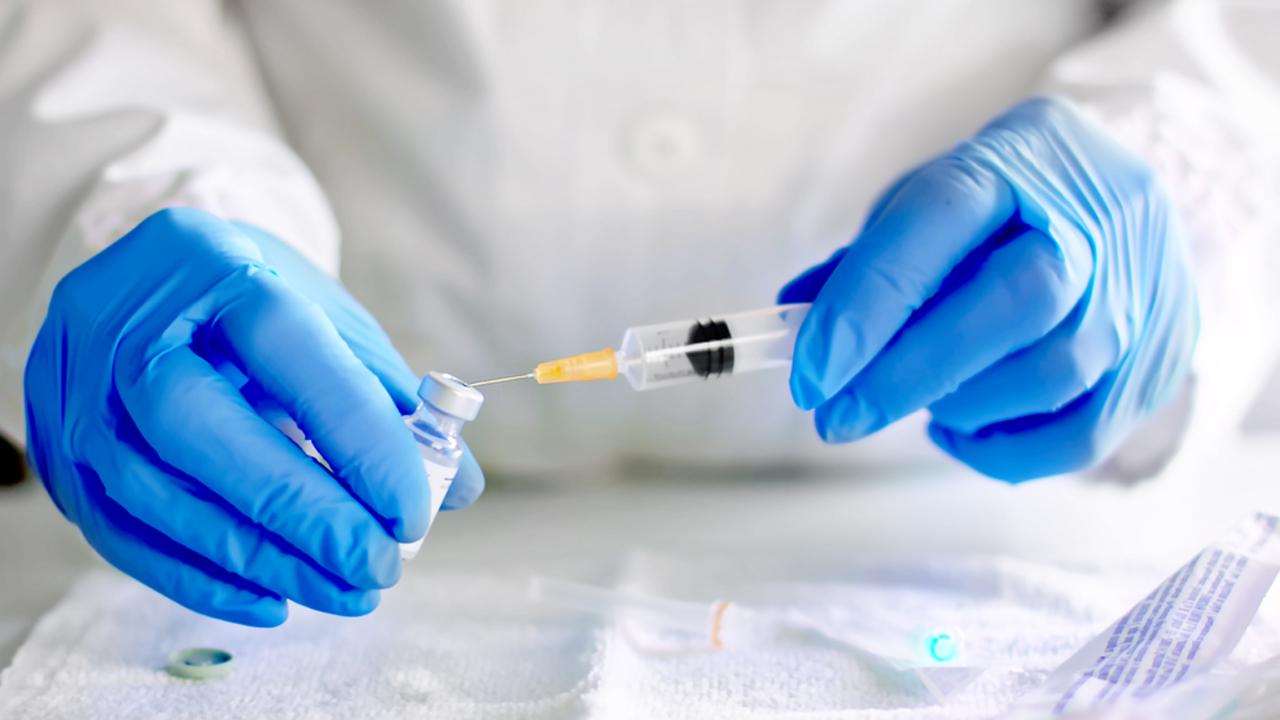COVID-19 shots could reach first Americans by mid-December
U.S. healthcare workers and others recommended for the nation’s first COVID-19 inoculations could start getting shots within a day or two of regulatory consent next month, a top official of the government’s vaccine development effort said on Sunday.
HERE'S HOW MANY NEW YORKERS PLAN ON FLYING FOR THANKSGIVING
Some 70% of the U.S. population of 330 million would need to be inoculated to achieve “herd” immunity from the virus, a goal the country could achieve by May, according to Dr. Moncef Slaoui, chief scientific adviser for “Operation Warp Speed.”
Slaoui said the U.S. Food and Drug Administration (FDA) would likely grant approval in mid-December for distribution of the vaccine produced by Pfizer Inc and German partner BioNTech, launching the largest inoculation campaign in U.S. history.The FDA’s outside advisers are slated to meet on Dec. 10 to review Pfizer’s emergency-use application for its vaccine, which the company said was found to be 95% effective against infection from the highly contagious respiratory virus.
A second pharmaceutical company, Moderna Inc, is expected to seek separate approval later in December for its COVID-19 vaccine.
Appearing on several network news shows on Sunday morning, Slaoui sketched out a timeline for getting the initial doses of the Pfizer vaccine from FDA authorization into the arms of those who will be first in line to receive it.
GET FOX BUSINESS ON THE GO BY CLICKING HERE
“Within 24 hours from the approval, the vaccine will be moving and located in the areas where each state will have told us where they want the vaccine doses,” Slaoui told NBC’s “Meet the Press.”
“So I would expect, maybe on day two after approval on the 11th or 12th of December, hopefully the first people will be immunized across the United States,” he said on CNN’s “State of the Union” program.
Once emergency-use approval is granted, Slaoui said, the U.S. Centers for Disease Control and Prevention (CDC) and an advisory panel on immunization practices will recommend who should receive the vaccine first.
Slaoui said they are likely to include doctors, nurses and “front-line” emergency medical personnel, as well as individuals considered to be at the highest risk of severe illness and death from the virus, such as the elderly.
Public health authorities in each state will be responsible for administering the vaccine roll-out, with the first doses distributed to the states proportionate to their populations, he said.
President-elect Joe Biden and his advisers have voiced concern that President Donald Trump’s continued refusal to share vaccine data and distribution plans with Biden’s transition team could cause delays after the next administration takes office on Jan. 20.
Slaoui said he hoped for a smooth hand-off and did not expect the vaccination effort to be derailed.




















